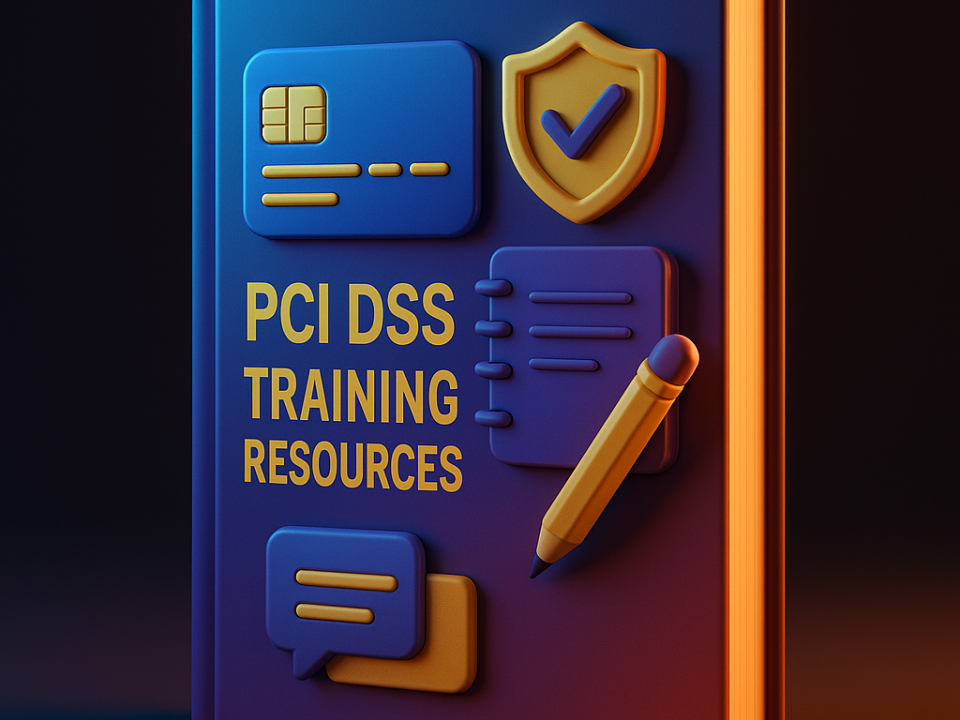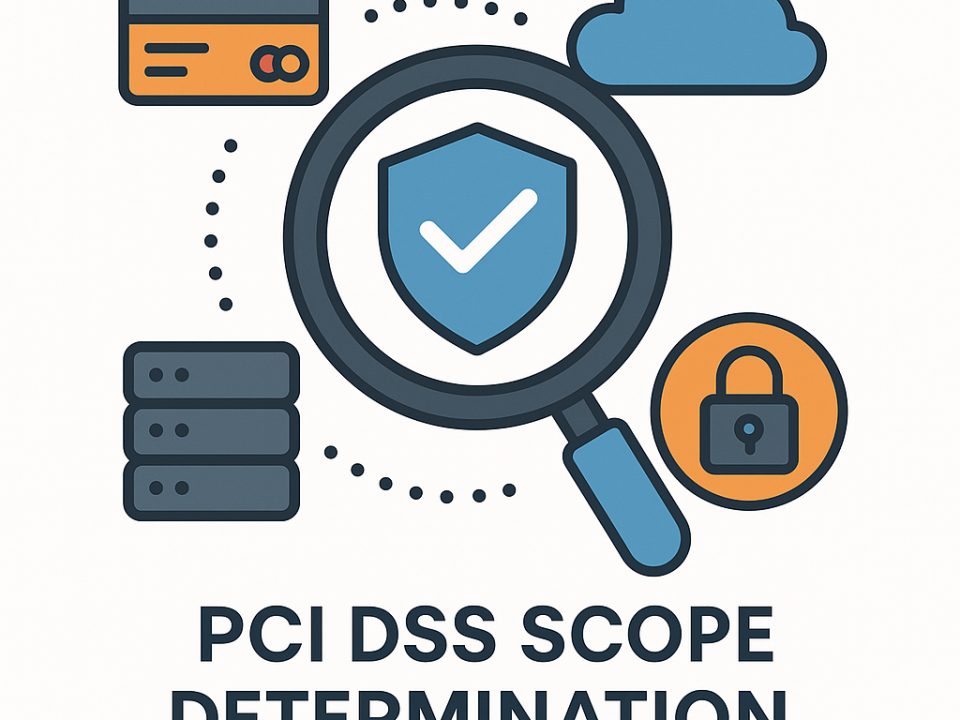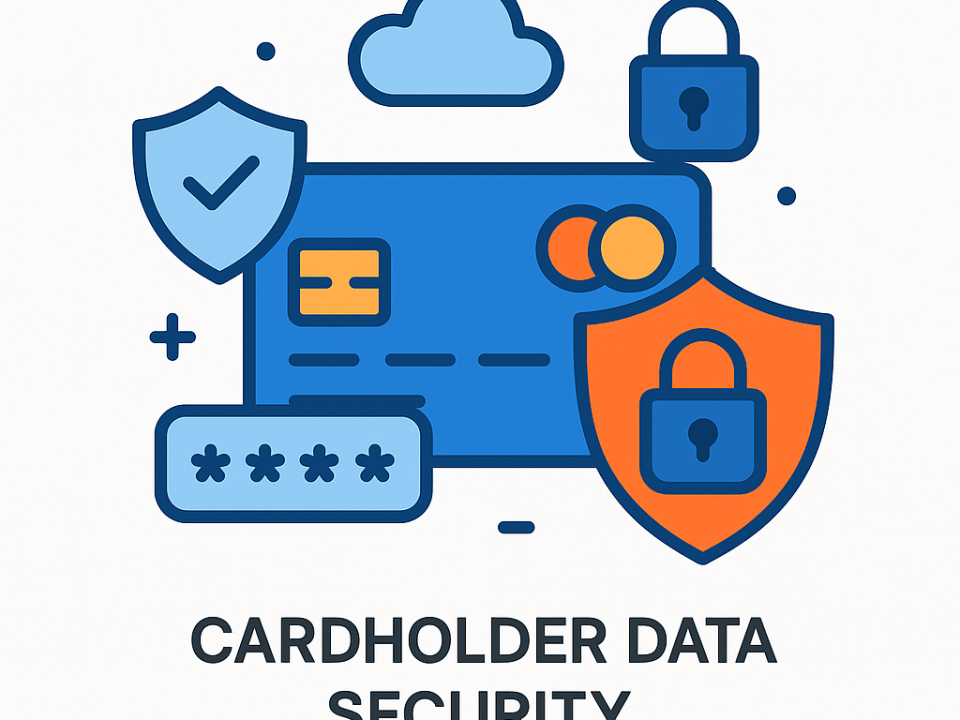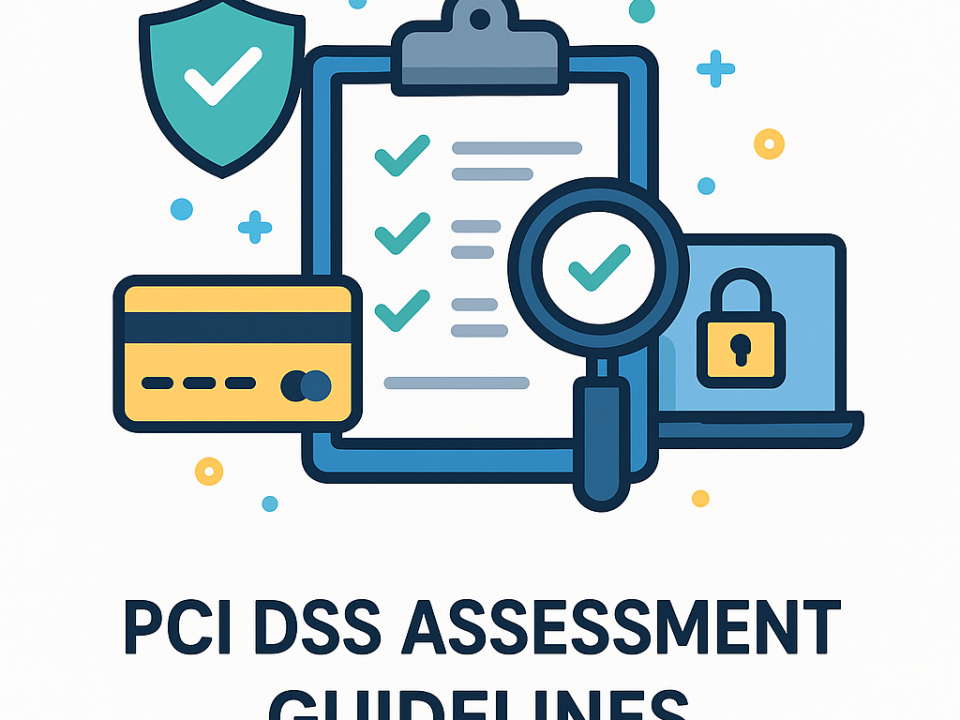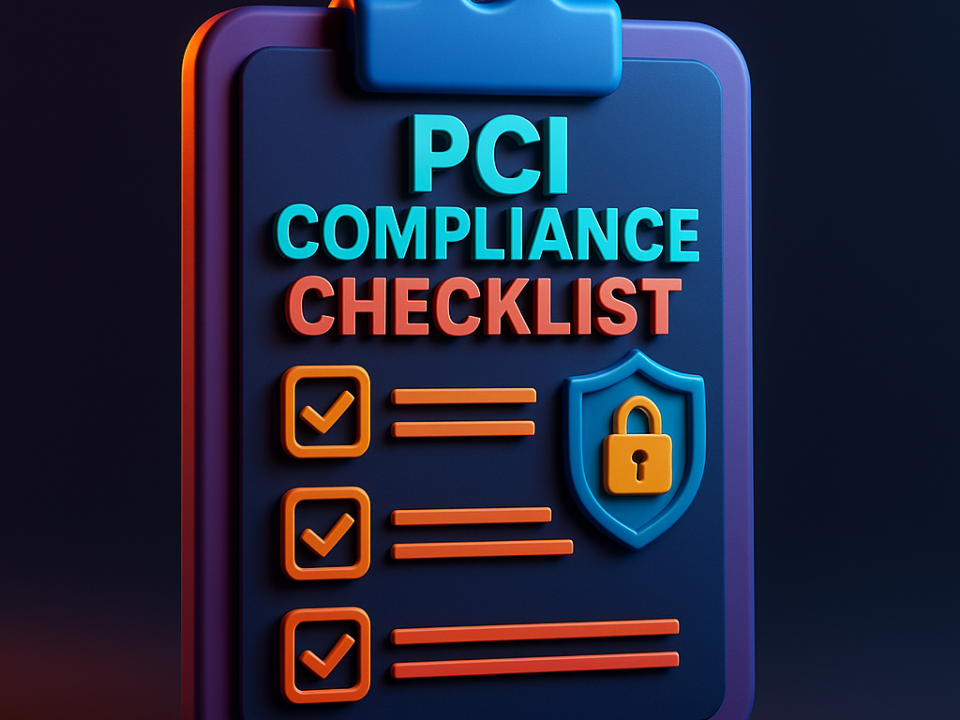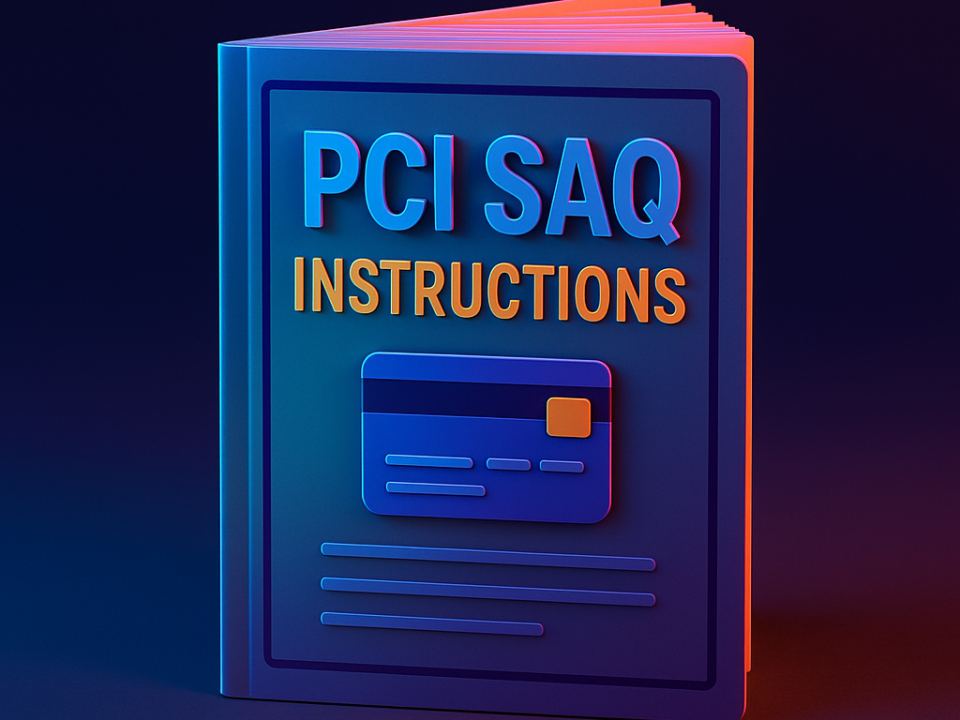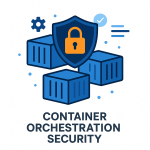
Enhancing Container Orchestration Security with Intrusion Detection Systems
June 11, 2025Emerging Trends in PCI Compliance: Focus on Remote Security Monitoring
June 12, 2025This deep dive explores the often-overlooked implications of PCI DSS 4.0 requirements on multi-factor authentication (MFA) and its role in securing payment systems—a critical area for cybersecurity experts and IT managers aiming to enhance their organizations’ defenses.
Understanding advanced techniques surrounding MFA is crucial for cybersecurity experts, top IT professionals, and managers. As digital payment channels proliferate, embracing rigorous compliance standards like PCI DSS 4.0 becomes essential for safeguarding sensitive cardholder data. This focus aligns closely with CisoGrid’s mission of providing Cybersecurity Remote Staffing, equipping organizations with specialized skills to tackle emerging threats effectively.
The Role of Multi-Factor Authentication in PCI DSS 4.0
Multi-factor authentication is a cornerstone of PCI DSS 4.0, designed to provide an additional layer of security against unauthorized access to payment systems. The integration of MFA not only helps in monitoring user activities but also reduces the risk of data breaches significantly.
- MFA reduces the likelihood of account takeover by requiring multiple verification methods.
- New PCI DSS 4.0 mandates outline specific MFA implementation strategies tailored to user requirements.
- Simplification of user experience in parallel with security compliance is a focus area for MFA in PCI DSS 4.0.
Challenges in Implementing MFA Under PCI DSS 4.0
Implementing multi-factor authentication in an organization isn’t without its challenges. Businesses often face hurdles ranging from scalability to user resistance when integrating MFA into existing workflows.
- Resistance from users who perceive MFA as a hassle can lead to reduced compliance.
- Legacy systems may have limitations that hinder effective deployment of MFA solutions.
- Adapting MFA to different user environments (remote staff versus on-site employees) can complicate implementation.
Adapting MFA for Diverse Workforce Models
To ensure compliance, organizations with remote staffing models like those supported by CisoGrid must tailor MFA solutions. This includes understanding the unique needs of remote workers and designing user-friendly authentication methods.
- Utilizing biometric authentication methods can streamline user experiences for remote staff.
- Leveraging adaptive authentication techniques based on user behavior helps in balancing security with usability.
- Robust training programs can enhance user engagement with MFA tools.
Case Study: Successful MFA Implementation in a Retail Environment
A national retailer successfully enhanced payment security by implementing MFA as per PCI DSS 4.0 guidelines. The initiative illustrated not only compliance but also a significant drop in fraud incidents.
- 45% drop in unauthorized access attempts post-MFA implementation.
- 90% of employees reported a positive experience with the new authentication methods.
- Process improvements led to a 30% reduction in customer service complaints regarding transaction issues.
Data-Driven Insights on MFA Effectiveness
Research indicates that organizations implementing MFA see tangible benefits in security posture. Analyzing data surrounding user interactions and authentication methods provides insights essential for refining security frameworks.
- Firms with MFA experience 99.9% fewer account takeovers compared to those without it.
- MFA adoption grows annually, indicating increased awareness among organizations regarding cardholder data security.
- Tailored training programs significantly improve user compliance and engagement with MFA protocols.
In conclusion, the advanced dimensions of PCI DSS 4.0, notably around multi-factor authentication, are essential for robust cybersecurity measures in today’s rapidly evolving digital landscape. As experts seek to bolster defenses against increasingly sophisticated threats, the focus on tailored MFA solutions becomes paramount. CisoGrid invites cybersecurity professionals and organizations to explore advanced strategies and leverage remote staffing expertise to enhance their compliance frameworks and security posture.

